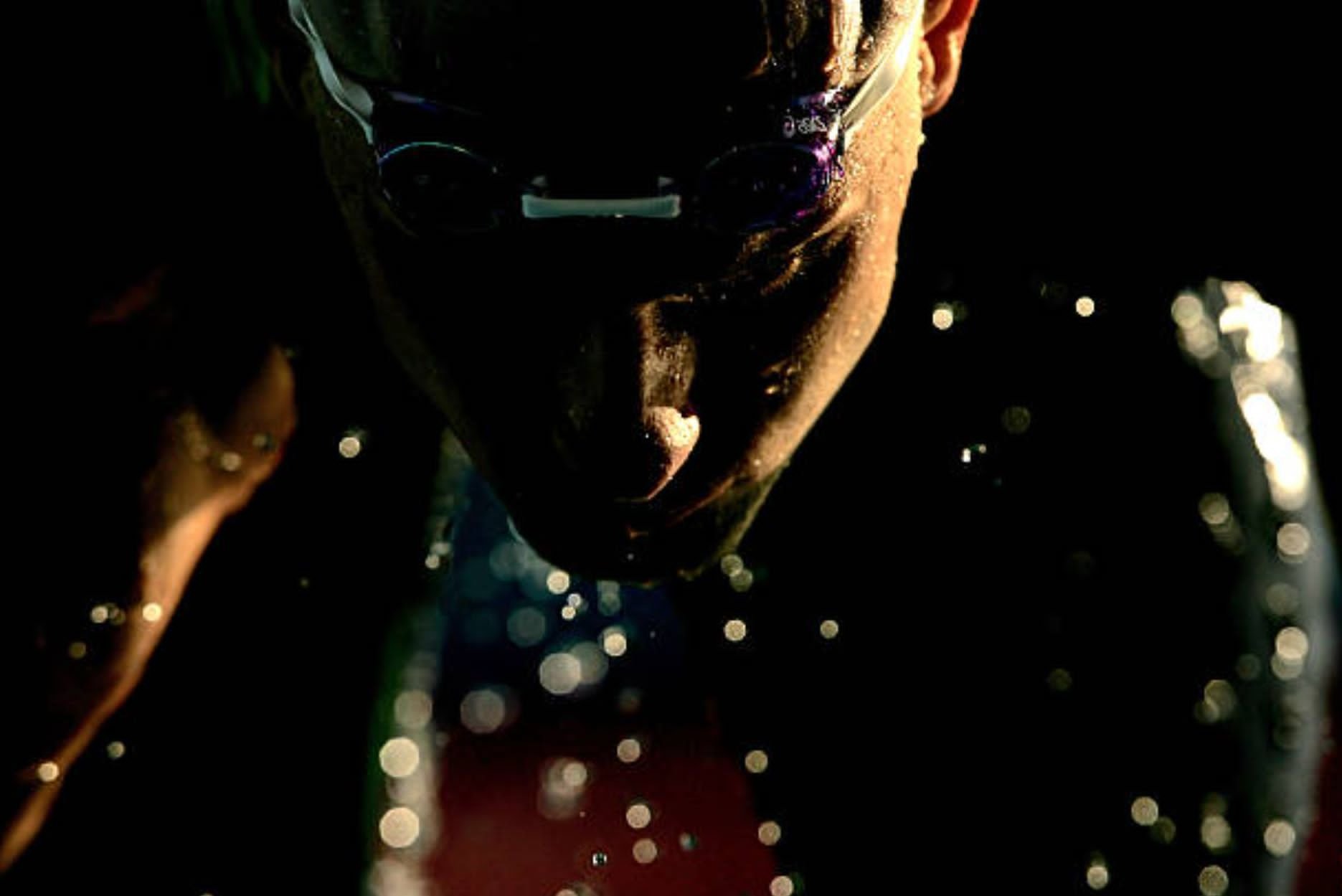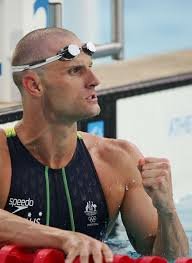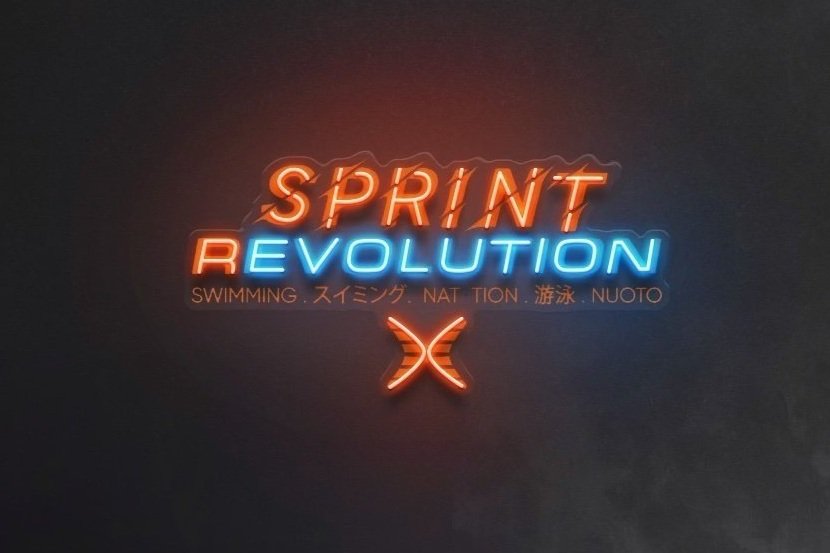BRETT HAWKE’S BLOG

A Victory for Sprinters Everywhere: 50s of Stroke Added to the 2028 Olympics
Today is a great day for sprinting. The 50s of backstroke, breaststroke, and butterfly will now stand on the Olympic stage where they belong. For the young sprinter with a dream, for the world-class athlete who’s mastered one lap of brilliance, this changes everything.
We’re proud to say Sprint Revolution helped make this happen. And we’re just getting started.

How to Swim Faster: 9 Key Metrics Sprint Swimmers Should Monitor
Want to swim faster sprints? Discover the 9 essential performance metrics sprint swimmers must track to improve starts, stroke technique, turns, and race-day readiness.

Resistance Equipment + Benefits
Resistance equipment in swimming helps improve strength, endurance, technique, and overall performance by increasing the difficulty of movements in the water. Here are some common types of resistance equipment and their benefits.

Why Sprint Swimmers Should Be Training with Sprint Revolution Swim Parachutes
If you want to develop the kind of power, control, and efficiency that wins races, Sprint Revolution swim parachutes are tools you need to have in your training routine. These aren’t just about making you work harder—they’re about making you work smarter by targeting the key areas that drive performance in sprint swimming. Here’s how they’ll improve your breakouts, underwaters, and power in your stroke.

Why Power Sox work?!
Why Power Sox work?!
When we’re talking about maximizing sprint performance, the Sprint Revolution Power Sox—both large and small—are like secret weapons for the water. They’re not just tools for adding resistance; they’re precision instruments designed to fine-tune your power, propulsion, and technique. Let me break it down scientifically and practically, so you can see why they should be a staple in any sprint program.

The Importance of Kicking
A powerful kick is crucial for sprint swimming. The kick should be fast and narrow, with the majority of the movement coming from the hips. The ankles should be flexible, allowing for a strong whip-like motion.

Overeating and Overtraining: Two Sides of the Same Coin
Let's get into something that might not seem obvious at first, but trust me, it can make or break your performance in the pool—overeating and overtraining. You might be thinking, "Brett, what does eating too much and training too much have in common?" Well, more than you’d think. Both involve going overboard, whether it’s stuffing yourself with too many empty calories or grinding out too many meters in the pool. And let me tell you, both can drag you down if you’re not careful.


Keeping the Spark Alive: How to Combat Losing Motivation in Swimming
During my career as an Olympic swimmer, there was a period when I struggled deeply with motivation. It’s not something that’s often talked about at the elite levels of sport, where the prevailing narrative is all about persistence and pushing through barriers. Yet, there I was, feeling completely disconnected from the sport that had defined my life.


Guide to Tapering for Sprint Swimming
For sprint swimmers competing at a high level, mastering the fine art of tapering is an essential process that can distinguish between disappointing and extraordinary performances.


Swimming Terminology
Swimming is not just a sport; it's a way of life for many. Whether you're a seasoned swimmer or just dipping your toes into the water for the first time, understanding the terminology used in swimming can enhance your appreciation of the sport. In this blog, dive into the world of swimming and explore some of the most common swimming terms and phrases.

Power and Strength Training for Swimmers - The Key to Improved Performance
Swimming is a highly competitive sport that requires a lot of hard work, effort, and dedication. It is not only about being able to swim fast, but also about being able to sustain that speed for a long period of time. This is where power and strength training comes into play. Power and strength training are essential for swimmers to perform at their best, and in this blog post, we will explore why and how to implement it into your training routine.

Sprint Freestyle
The sprint freestyle is one of the most exciting and demanding events in swimming. It requires explosive power, precision, and speed. Whether you are a coach looking to improve your swimmers' performance or a high-level swimmer aiming to dominate the competition, this blog post is for you. In this article, we will explore the fundamental techniques and training strategies that can help you master the sprint freestyle.

Strength Training for swimming
When we think of swimming, we often think of it as solely a cardio-focused activity where the only way to improve is by increasing our time spent in the pool. However, strength training can be a game-changer for swimmers looking to take their performance to the next level. Coaches and high-level swimmers, in particular, should consider integrating strength training into their overall training program, and in this blog post, we'll take a deep dive into why.

Dive into Successful Injury Prevention for Swimmers
As a swimmer or coach, it is very important to have a keen interest in preventing and rehabilitating injuries that are common in the sport. You don't have to neglect a swimming career because of an injury. Injuries can range from joint pain to more serious ones, like rotator cuff tears. Acknowledging the need for proper prevention and rehabilitation can help increase swimming performance, especially if you are a high-level swimmer.

The Importance of Technique and Training in Swimming
Swimming is a complex sport that requires a unique blend of strength, endurance, flexibility, and coordination. At the heart of this complexity are two fundamental elements: technique and training. Both are critical for performance and safety, and they are deeply interconnected. Let's delve deeper into the importance of technique and training in swimming.
